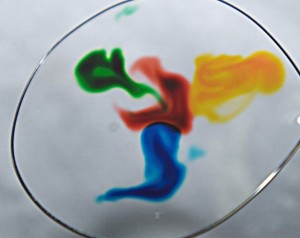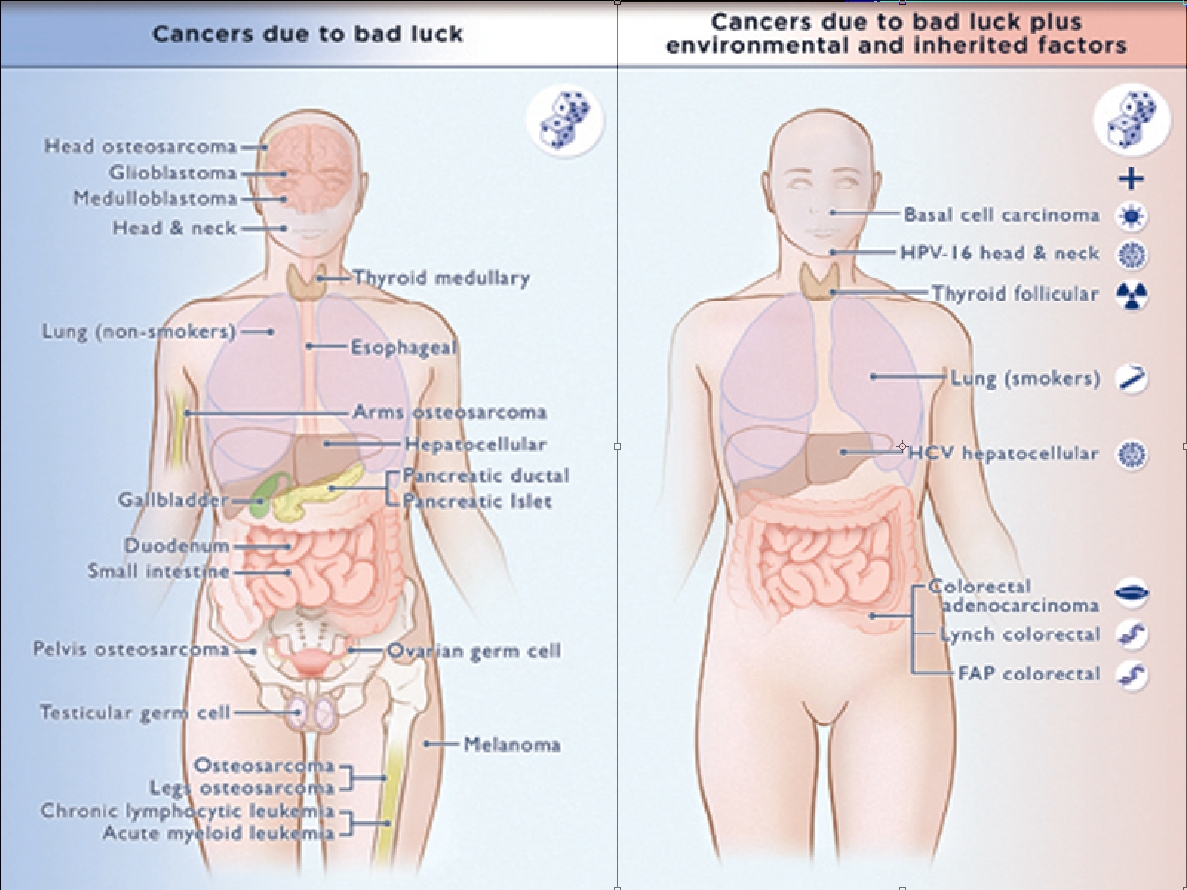 JUNEAU – Monday, SB 199 was introduced by Senator Bill Wielechowski (D-Anchorage) to inform and educate Alaskans about the health effects of harmful food additives.
JUNEAU – Monday, SB 199 was introduced by Senator Bill Wielechowski (D-Anchorage) to inform and educate Alaskans about the health effects of harmful food additives.
Synthetic food dyes were first identified as potentially harmful in the 1970s. Since then, numerous dyes such as Green #1, Red #1, Red #2, and Violet #1 have been banned in the United States over cancer concerns. The health problems associated with these unnecessary and harmful additives continue to grow. To date, the Center for Science in the Public Interest has, “collected more than 3,000 testimonials from parents who struggled to identify the food dyes as a contributing source of their children’s behavior issues.”
Numerous studies have shown links between synthetic color additives and a host of health concerns from allergies to behavioral problems in children, particularly those with ADHD and other behavioral challenges, and even cancer. Regarding adverse behavioral issues, in 2010 the Food and Drug Administration (FDA) concluded:
Exposure to food and food components, including artificial food colors and preservatives, may be associated with adverse behaviors, not necessarily related to hyperactivity, in certain susceptible children with ADHD and other problem behaviors, and possibly in susceptible children from the general population.[xyz-ihs snippet=”adsense-body-ad”]
Despite the growing mountain of scientific evidence of danger to health, the FDA has failed to ban the nine remaining petroleum-based color additives certified for use in food. Even though federal law does require labeling to indicate the presence of these dyes, it does not require warnings to educate consumers about the health hazards to themselves and their families. These remaining synthetic color additives are present in everything from processed meats, to soft drinks, snacks, children’s vitamins and cold medication, cereal, and even white cake frosting.
“We are fortunate that the federal FDA does not take precedence over state’s rights on this issue,” said Senator Wielechowski. “Alaska absolutely has the right to require that the food we eat and feed our families is clearly labeled if it contains toxins known to cause major adverse health effects. There is something we can do, and we should.”
Food dyes have the potential to cause more severe health risks then other products already required to be labeled for “adverse health effects” by the FDA, and more food dyes have been banned for use in the US than any other class of food additive. Many major companies that distribute food in Europe, such as Kellogg’s and McDonald’s, have already made the move to natural food dyes which can easily replace synthetic ones, without the same health concerns posed by petroleum-based dyes.
For more information, contact Senator Wielechowski’s office at (907) 465-2435.[xyz-ihs snippet=”Adversal-468×60″]





